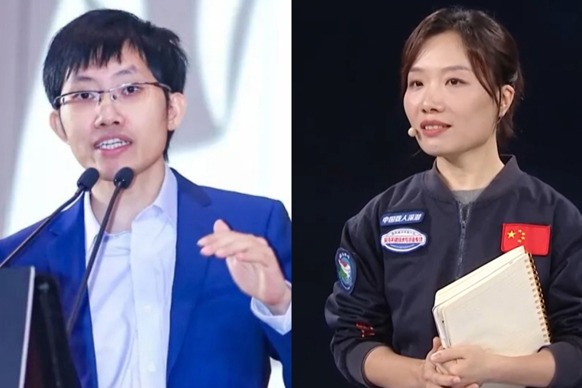Global race for cobalt heats up with China's big deal
By Aaron Hagstrom in New York | China Daily USA | Updated: 2018-03-20 02:12
The global race for cobalt — a key ingredient of electric-vehicle batteries and smartphones — just heated up.
Gem, a Chinese supplier of battery chemicals, said in a March 14 filing that it had signed a three-year deal with Glencore, the Swiss commodity producer and trader that is the largest global producer of cobalt. Shenzhen-based Gem will acquire 52,800 metric tons of cobalt hydroxide through 2020, about a third of Glencore's output over the course of the deal.
That same day, Canadian miner First Cobalt said it had acquired Vancouver-based US Cobalt, which has mining projects in Idaho and Utah. Ontario-based First Cobalt — the only refinery in North America capable of producing lithium-ion battery-grade cobalt — acquired US Cobalt in an all-stock deal with an implied equity value of about $116 million.
Neither company is mining cobalt yet, but both are exploring deposits of the mineral, Reuters said.
The price of cobalt has more than tripled in the last 18 months amid fears of a looming shortage, according to Bloomberg. As more automakers turn to making electric vehicles, they need the scarce blue cobalt for lithium-ion batteries that power the cars because of the metal's ability to absorb high levels of heat.
About 22 pounds of cobalt are used in one electric car battery — more than 1,000 times the amount used in an iPhone — according to BMO Capital Markets.
Among the companies needing the precious metal are major smartphone makers like Apple and Samsung, and large automakers aiming to produce electric vehicles, including Honda and Toyota, Ford, General Motors, VW Group and China's BYD, partly owned by Warren Buffett's Berkshire Hathaway.
Volkswagen said on March 13 that it's trying to make 3 million battery-powered vehicles a year by 2025. BMW, as well as VW, have previously tried to strike supply deals directly with miners. And Apple is trying to get contracts to secure several thousand metric tons of cobalt a year for five years or longer, Bloomberg reported.
Most of the world's cobalt is mined as a by-product found with other metals such as nickel and copper, and most comes from the Democratic Republic of Congo (DRC), which produces 60 per cent of globally produced raw cobalt ore. DRC produced 64,000 tons in 2017, according to the USGS.
China produces more than 80 percent of the world's refined cobalt and is also the world's leading consumer of cobalt, with nearly 80 percent of its consumption being used by the rechargeable battery industry, according to the United States Geological Survey (USGS).
US cobalt resources are estimated to be about 1 million tons, according to the USGS. Most of these are in Minnesota but also in Alaska, California, Idaho, Michigan, Missouri, Montana, Oregon, and Pennsylvania.
In the US, First Cobalt controls the Iron Creek Cobalt Project in Idaho, as well as its 50 historic mines in Ontario.
"The Idaho project is at a more advanced stage than our work in the Cobalt camp in Ontario. The appeal to us is that it is a faster pathway to production," First Cobalt CEO Trent Mell said in an interview, according to Reuters.
"We foresee a shortage of cobalt over the next five years yet there are few companies doing significant work to identify new sources of supply," Mell said in a press release. "This transaction creates a larger platform to discover and develop cobalt projects for the growing electric vehicle market by combining high quality North American assets in two of the best cobalt jurisdictions outside the DRC (Democratic Republic of Congo)."
eCobalt, based in Vancouver, British Columbia, will also decide later this year whether to begin production in Idaho, the Idaho Statesman reported. The company's project there has been in the development stage for 30 years. It would produce 1,500 tons of cobalt annually, about 2 percent of the world supply, the newspaper said.
aaronhagstrom@chinadailyusa.com
























